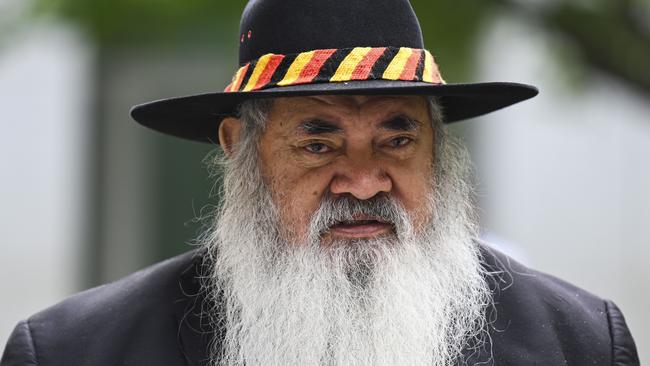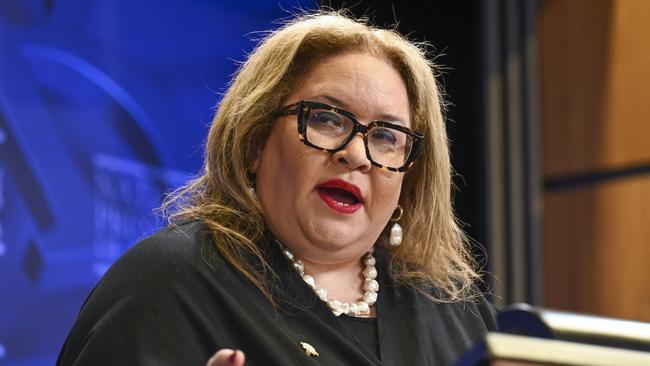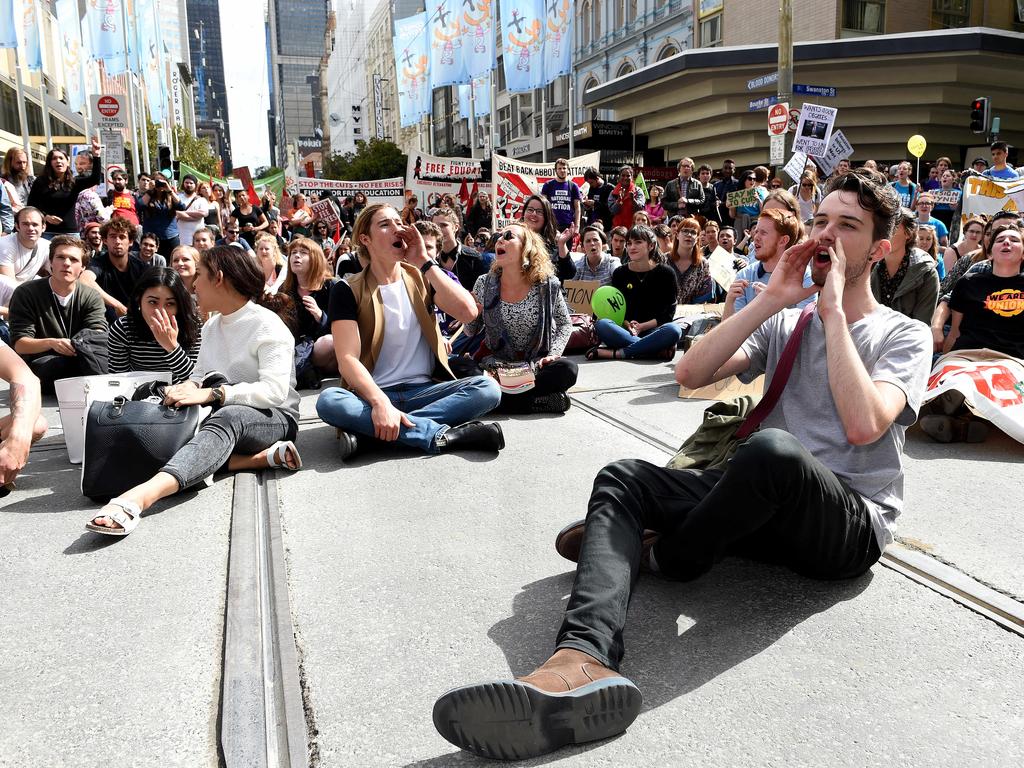Dodson: Voice needed first to advise on agreement making and truth telling
Patrick Dodson has rubbished a push from the far left for ‘truth telling’ and ‘treaty’ to come before an Indigenous voice to parliament.

Labor’s special envoy for reconciliation, Patrick Dodson, has rubbished a push from the far left for “truth telling” and “treaty” to come before an Indigenous voice to parliament, which he says would lack credibility without being facilitated by a body enshrined in the Constitution.
It follows the Greens last year quietly changing the order of reconciliation in their platform from voice, treaty and truth – as called for in the Uluru Statement from the Heart – to truth, treaty and eventually a voice to parliament, in a move largely understood to have been influenced by the party’s First Nations spokeswoman, Lidia Thorpe.
The push for a voice to parliament not to come before the truth and treaty processes was also prominent at Invasion Day rallies, held on January 26, where organisers openly campaigned against the voice referendum due later this year.
But Senator Dodson said he wasn’t “particularly worried” by the opposition from the far left to a voice coming first, which he argued needed to come first in order to advise the Makarrata Commission – which will be set up after the voice – on agreement making and truth telling.
“To have a treaty, you have to have a voice, you have to have an entity, you have to have a group of people that have a standing or that … have credibility,” he said.
“For them (the left) it seems to be a sequencing issue. I don’t know whether they’re really against the concept of a voice to parliament. I’m not particularly worried about it.
“The majority of Australians can see the significance and, in one sense, the limitedness of what we’re doing or trying to do with the principle in the Constitution.”
The Greens will formalise their position on the voice this week following a party room meeting on Tuesday.
Senator Dodson also hosed down calls for a “constitutional convention” from the Coalition, in which formal discussions over the voice would take place.
He said that dialogues, including those held in the lead-up to the Uluru statement, “supplanted” the need for any such convention. “They ultimately culminated at Uluru with a sign-off on the matters that we now are dealing with,” he said.

Referendum working group member Megan Davis echoed Senator Dodson’s comments that a convention had effectively taken place and warned against extra detail being put to Australians in the referendum.
“There is a risk of the nation voting on a particular model – model A, model B – and then potentially locking in that in a way that doesn‘t allow us to benefit from the agility of the parliament to change that legislation when we need,” she said on ABC’s Insiders on Sunday.
“What we need in 2023 may not be what we need in 2053, and so that’s one of the important things about the deferral of the detail to the parliament.”
She said while “some” of Opposition Leader Peter Dutton’s 15 questions on the voice could be answered in coming months, it was not possible for every question to be addressed before the referendum.








To join the conversation, please log in. Don't have an account? Register
Join the conversation, you are commenting as Logout